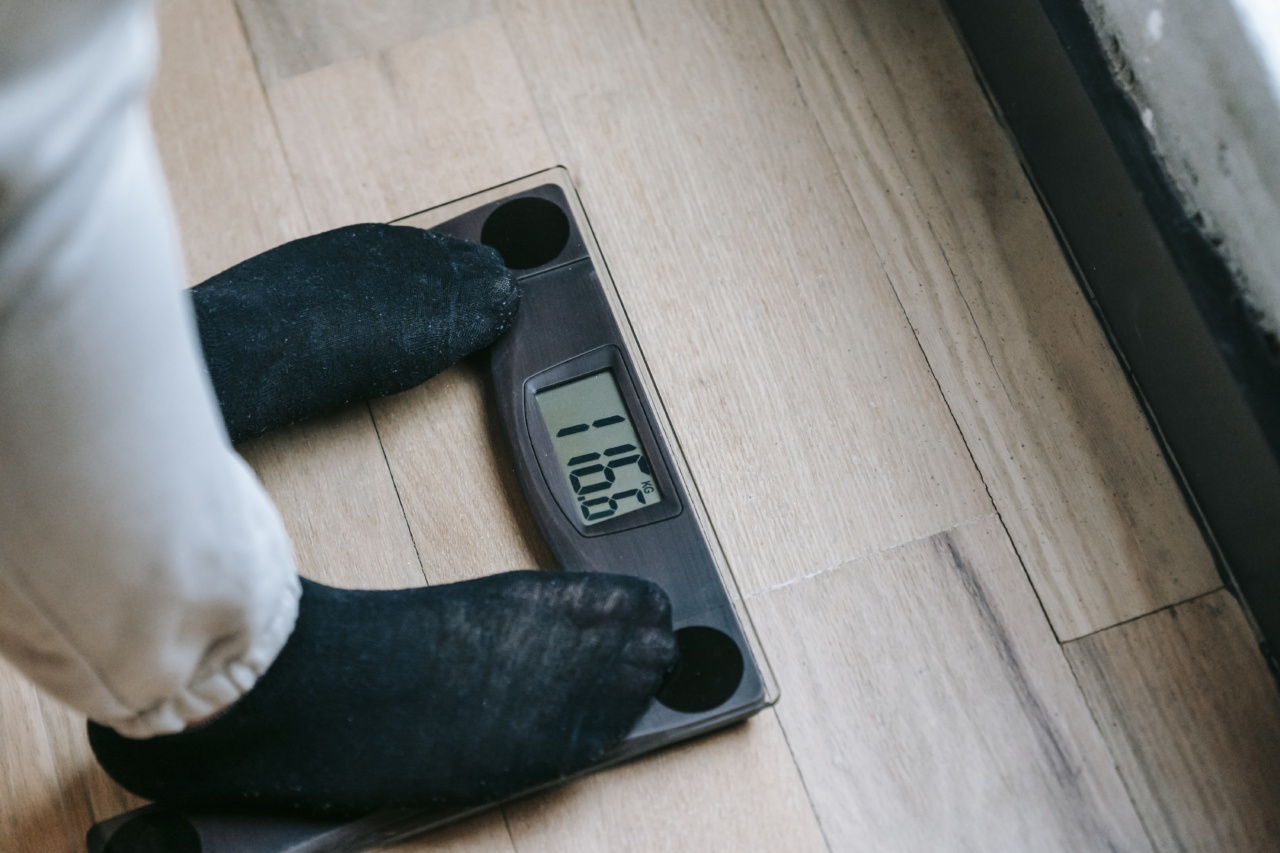Weighing yourself regularly is an important tool in your weight loss journey. It helps you track your progress, stay accountable, and make necessary adjustments to your diet and exercise routine.
However, not all weighing methods are equal when it comes to accuracy and long-term success. In this article, we will explore the best methods of weighing for weight loss that you can incorporate into your routine.
1. Digital Scale
A digital scale is considered one of the most accurate and convenient methods of weighing yourself. These scales provide precise weight measurements in increments as small as 0.1 pound or 0.05 kilograms.
The digital display allows for easy reading and eliminates any guesswork. Look for a high-quality digital scale that is consistent in its readings and provides stable footing to ensure accurate results.
2. Weighing at the Right Time
Timing is crucial when it comes to weighing yourself for weight loss. It is recommended to weigh yourself first thing in the morning before eating or drinking anything.
This ensures consistent conditions as your weight can fluctuate throughout the day due to meals, water intake, and other factors. Weighing yourself at the same time each day allows for accurate tracking of your progress without any interference from external factors.
3. Consistent Weighing Frequency
Consistency is key when it comes to weighing for weight loss. Choose a weighing frequency that fits your goals and lifestyle. Some individuals prefer weighing themselves daily, while others find it more effective to weigh once a week.
What matters most is that you establish a consistent routine and stick to it. This helps you track trends and make necessary adjustments to your diet and exercise regimen if needed.
4. Weekly Average
Instead of fixating on daily fluctuations, it can be helpful to focus on the weekly average. This approach allows for a more accurate representation of your weight loss progress over time.
Weight loss is not a linear process, and daily fluctuations are normal. By averaging your weight for the entire week, you get a more reliable measurement and can observe the overall downward trend rather than getting discouraged by minor daily variations.
5. Measure More Than Just Weight
While the number on the scale is a significant indication of progress, it’s important to remember that weight loss is not solely about shedding pounds.
Measuring other aspects of your body composition can provide a more comprehensive picture of your overall health and progress. Consider using methods such as body measurements, before-and-after photos, and tracking changes in how your clothes fit. This way, you can celebrate non-scale victories and stay motivated throughout your weight loss journey.
6. Don’t Rely on the Scale Alone
The scale is just one tool in your weight loss toolkit, and it’s important not to rely on it alone. Factors such as muscle gain, water retention, and hormonal changes can affect your weight without necessarily indicating fat loss.
Incorporate other measures of progress, such as improved energy levels, enhanced physical endurance, and overall well-being. Remember that sustainable weight loss is a result of healthy habits rather than a number on the scale.
7. Mindful Tracking
When weighing yourself, it’s essential to adopt a mindful and positive approach. Avoid obsessive daily weighing or becoming overly fixated on the number displayed. Weight loss is a journey that takes time and effort.
Instead of feeling discouraged by occasional fluctuations or slower progress, focus on the sustainable habits you have developed and celebrate every step towards a healthier lifestyle. Use the scale as a tool to gain insights and make informed decisions, rather than being solely driven by the number it shows.
8. Be Aware of Emotional Impact
It’s common for the number on the scale to have an emotional impact. Weight loss can be accompanied by feelings of pride and accomplishment, but it can also trigger frustration and disappointment.
It’s important to be aware of these emotions and approach your weight loss journey with a realistic mindset. Understand that weight fluctuations are normal and focus on the overall trend rather than daily fluctuations. Celebrate your successes and stay motivated, even when progress seems slower than expected.
9. Supportive Environment
The environment in which you weigh yourself can play a significant role in how you perceive your progress. Ensure you have a supportive and non-judgmental space that fosters a positive mindset.
Avoid comparing yourself to others and focus on your individual journey. Surround yourself with supportive friends, family, or a weight loss community that can provide encouragement and motivation.
Having a strong support system can make a big difference in staying committed and motivated throughout your weight loss journey.
10. Use Weight as Just One Measure
While weight can be an important measure of progress, it’s crucial to understand that it doesn’t define your worth or success. Health and well-being encompass more than just a number on the scale.
Embrace a holistic approach to weight loss by focusing on other aspects of your physical and mental health, such as regular exercise, balanced nutrition, stress management, and quality sleep. Remember that the scale is just one tool in your journey towards a healthier and happier life.






























